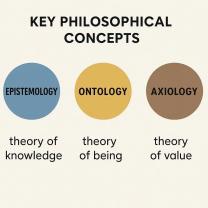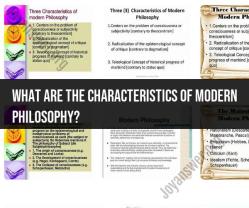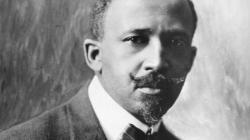What were the first philosophers called?
The earliest philosophers in ancient Greece, who are often referred to as the "pre-Socratic philosophers," were known for their pioneering inquiries into the nature of the universe and the fundamental principles underlying it. These thinkers laid the foundation for Western philosophy. Some of the prominent pre-Socratic philosophers include:
Thales of Miletus: Thales is often considered the first philosopher. He lived around 624-546 BCE and is known for proposing that water is the fundamental substance (archê) underlying all of existence.
Anaximander: Anaximander, a student of Thales, introduced the concept of the "infinite" or the "apeiron" as the source of all things. He also developed early ideas about cosmology.
Anaximenes: Anaximenes proposed that air or "aer" is the basic substance from which everything is derived. He believed that changes in density and rarity of air could explain the diversity of matter.
Pythagoras: Pythagoras and his followers, known as the Pythagoreans, focused on mathematics and the idea that numbers are fundamental to the structure of the universe. They made significant contributions to geometry and numerical relationships.
Heraclitus: Heraclitus is known for his doctrine of constant change and the idea that "you cannot step into the same river twice." He believed that fire was the primary element.
Parmenides: Parmenides argued for the concept of a single, unchanging reality and denied the reality of change and plurality.
Empedocles: Empedocles proposed the theory of the four elements (earth, water, air, and fire) as the building blocks of all matter. He also introduced the idea of "love" and "strife" as forces governing the mixture and separation of these elements.
Anaxagoras: Anaxagoras introduced the concept of "nous" or "mind" as the organizing principle of the universe. He emphasized the role of reason in understanding the natural world.
These early philosophers were concerned with questions about the nature of reality, the fundamental substances of the universe, and the principles governing change. Their inquiries marked a significant shift from mythological explanations to rational and systematic exploration of the natural world. Their ideas laid the groundwork for the development of Western philosophy, science, and metaphysics.













